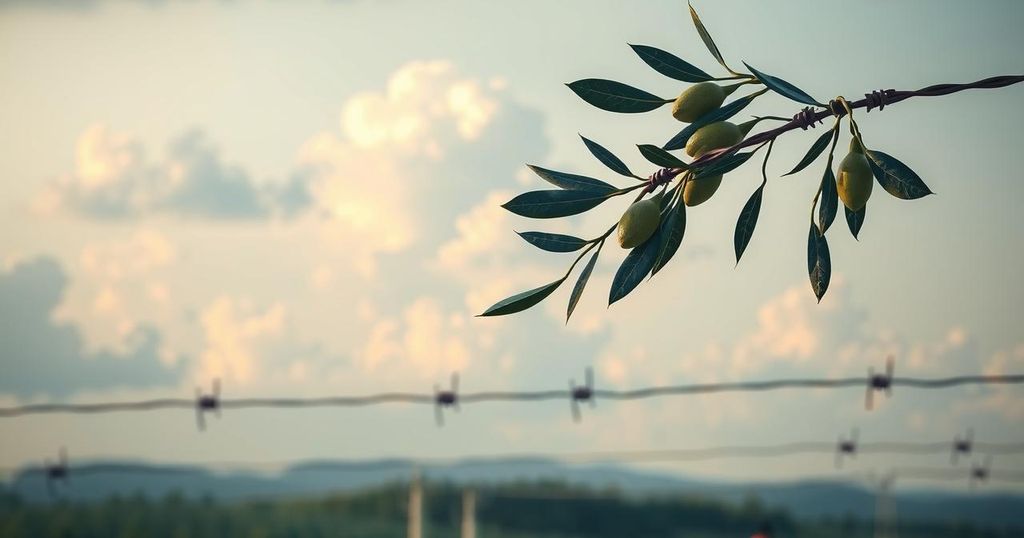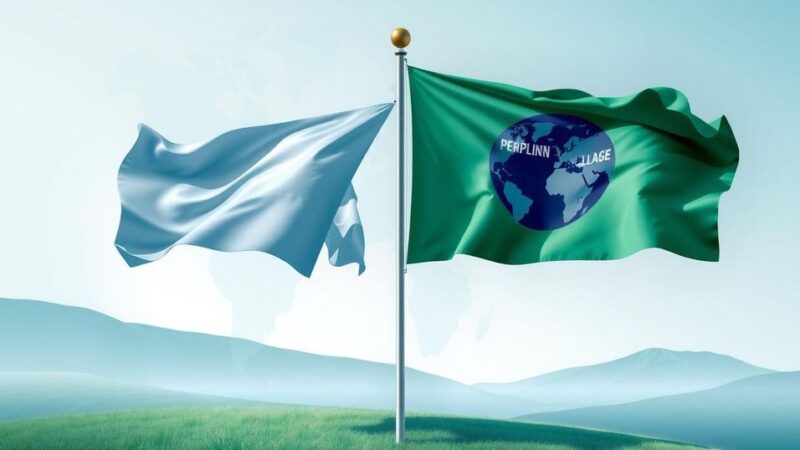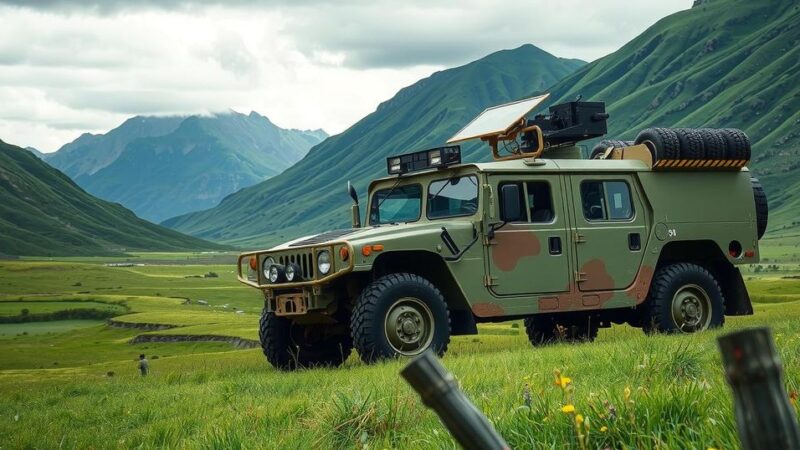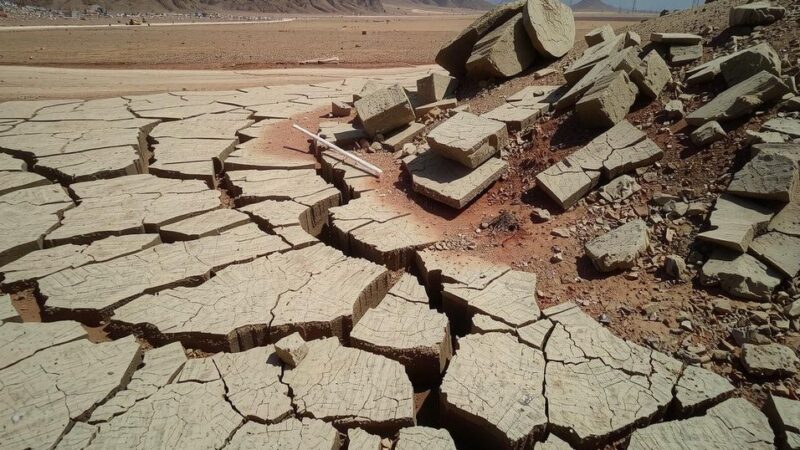In a significant escalation of hostilities, nine South African peacekeepers were killed in clashes with M23 rebels in the DRC. In the face of violent incursions into the town of Sake, the SANDF along with Congolese forces repelled the attack. The conflict, marked by foreign involvement and resource-driven violence, underscores the urgent necessity for a peaceful resolution.
A tragic confrontation in the Democratic Republic of Congo (DRC) resulted in the deaths of nine South African peacekeepers during intense clashes with M23 rebels. The South African National Defence Force (SANDF) reported that seven of the deceased soldiers were part of the Southern African Development Community (SADC) mission, while two were affiliated with the United Nations peacekeeping force, MONUSCO.
The conflict began when M23 rebels attacked Sake, a town located 27 kilometers west of Goma, a vital access route to the provincial capital still under governmental control. The SANDF, together with Congolese troops and allied forces, successfully repelled the advancing rebels despite the ferocity of the assault.
M23, primarily comprising ethnic Tutsis, originated from defected soldiers of the Congolese army over a decade ago. This group has been central to the ongoing conflict in eastern Congo, a region rich in valuable minerals. It has faced persistent violence and instability due to numerous armed factions vying for power.
International entities, including the United Nations and the United States, have implicated Rwanda in supporting the M23 insurgents, though Rwanda has refuted these claims. United Nations experts estimate that as many as 4,000 Rwandan soldiers are actively present in the DRC, contributing to the complexity of the situation.
The deaths of these peacekeepers highlight the profound difficulties encountered by international forces dedicated to restoring peace in the region. SANDF and MONUSCO have made significant efforts to protect civilians and curb the advance of rebel factions, amidst a continuing unstable environment.
The international community is closely observing developments in the DRC, emphasizing the need for dialogue among all parties to reach a peaceful settlement. The sacrifice of South African peacekeepers is a somber reminder of the human costs associated with warfare and the pressing need for enduring peace in the DRC.
The Democratic Republic of Congo has been embroiled in conflict for decades, primarily due to the struggles over its rich mineral resources. The M23 rebel group, formed from ethnic Tutsi defectors from the Congolese army, has been a significant contributor to the ongoing violence. Various international bodies, including the United Nations, have sought to intervene, leading to the involvement of peacekeeping forces such as MONUSCO and regional contingents like those from South Africa.
The deaths of nine South African peacekeepers in the DRC illustrate the severe challenges faced by peacekeeping forces in stabilizing the region. With the ongoing volatility and the influential role of external nations like Rwanda, the urgency for dialogue and a peaceful resolution is paramount. The sacrifices of those serving in peacekeeping missions serve as a stark reminder of the immediate need for a sustainable ceasefire and an effective peace strategy in the region.
Original Source: www.newsx.com







